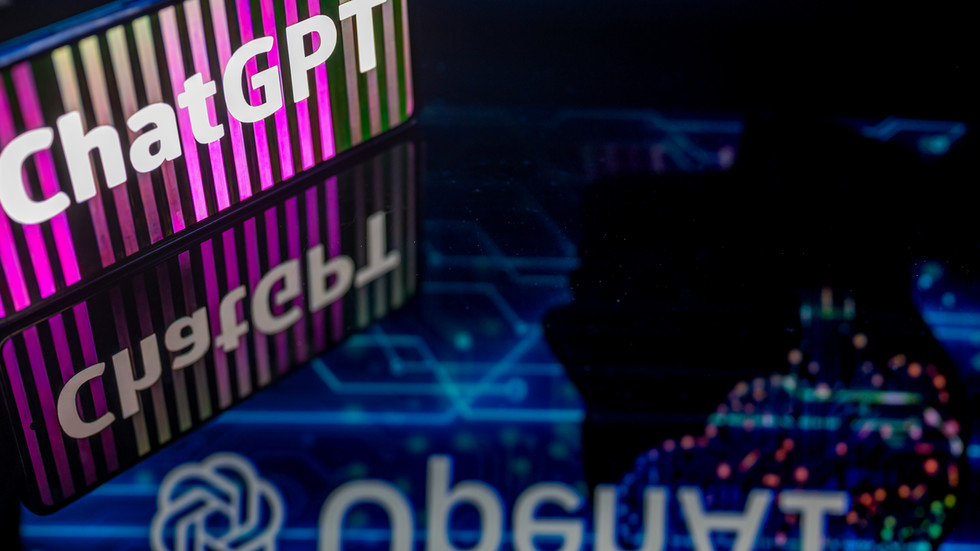
The AI chatbot’s responses are no longer limited to information published before its 2021 programming cutoff
FILE PHOTO © Jonathan Raa / NurPhoto via Getty Images
Artificial intelligence chatbot ChatGPT can now search the Internet on its own, parent company OpenAI announced in a post on X (formerly Twitter) on Wednesday.
“ChatGPT can now browse the internet to provide you with current and authoritative information, complete with direct links to sources,” the company wrote in a thread on the platform, explaining that the wildly popular chatbot was “no longer limited to data before September 2021” thanks to integration with Microsoft’s Bing search engine.
While the new feature is currently only being offered to paying users, the company said it plans to expand it to all users “soon,” having taken into account “useful feedback” from an earlier failed attempt to give the large language model access to the live internet.
OpenAI CEO Sam Altman retweeted his company’s announcement from his own account on X, declaring “we are so back.” ChatGPT briefly offered web browsing back in March, only to disable the feature when it was discovered that it was being used to bypass website paywalls. That loophole has since been closed, according to OpenAI, which explained the bot now obeys websites’ “robots.txt” code preventing unwanted indexing.
Several respondents to the promotional posts on X demanded to know what constituted “authoritative” information. ChatGPT’s initial rollout generated hundreds of news reports and social media postings about the AI’s apparent political biases, which appeared to mirror those of its Silicon Valley milieu and were difficult to circumvent.
Microsoft Bing has run its own large language model since February, claiming to be “more powerful than ChatGPT.” The AI, which made headlines early on for its bizarrely clingy behavior toward its users, has offered web browsing for several months.
OpenAI earlier this week revealed ChatGPT could be used to scan and analyze images and have audio conversations going forward. The company also debuted a new version of its image generation AI, Dall-E 3, which has reportedly been rewritten to include some of ChatGPT’s language processing and conversation algorithms.
The CIA’s Open Source Enterprise division was also revealed Wednesday to be hard at work on a ChatGPT clone also capable of delivering sourced information gleaned from open source intelligence streams on the active internet. Unlike OpenAI’s revamped model, however, Langley’s bot will be restricted to the 18 agencies that comprise the US intelligence apparatus. While OpenAI insists it does not take “high risk” government or military contracts, a recent $13 billion investment by Microsoft gave that tech giant – and its clients in the intelligence community – access to some of OpenAI’s most coveted AI tools.




